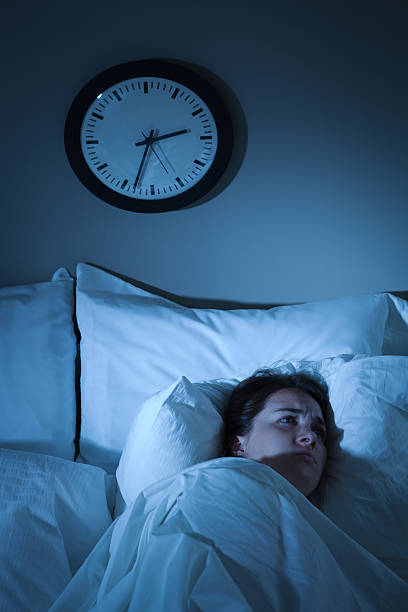Sleep is more than just a time for rest; it is a vital process that allows the body and mind to recharge, repair, and prepare for the next day. Yet millions of people worldwide struggle with sleep disorders that interfere with their daily lives. Lack of quality sleep can affect concentration, mood, memory, and long-term health, increasing the risk of conditions such as heart disease, diabetes, and depression. By understanding the reasons behind sleep disorders and learning effective ways to manage them, individuals can take steps toward healthier, more restorative rest.
Contents
Common Causes of Sleep Disorders
Sleep disorders do not have a single cause; they often arise from a combination of physical, emotional, and environmental factors. Stress, poor lifestyle habits, medical conditions, and external influences like noise or irregular schedules can all contribute to disrupted sleep. Identifying the root causes is the first step toward better management.
Tips to Prevent Sleep Disorders
1. Managing Stress and Anxiety
Stress is one of the leading contributors to sleep disorders. When the mind is overwhelmed with worries about work, relationships, or personal challenges, it becomes difficult to relax at night. Anxiety intensifies this problem by causing racing thoughts, rapid heartbeat, or restlessness, preventing the body from winding down.
2. Addressing Underlying Medical Conditions
Certain health issues directly interfere with sleep. Sleep apnea, for example, causes interruptions in breathing throughout the night, leading to poor rest and daytime fatigue. Chronic pain, arthritis, asthma, acid reflux, and restless leg syndrome can also prevent people from sleeping soundly. For individuals who suspect they might have sleep apnea, an easy first step is considering a home sleep apnea test. This convenient option helps detect potential sleep apnea without the need for an overnight stay in a clinic, making diagnosis and treatment more accessible.
3. Practicing Good Sleep Hygiene
Sleep hygiene refers to the daily habits and practices that affect sleep quality. Staying up late, scrolling through phones in bed, drinking caffeine in the evening, or taking irregular naps can all disrupt the body’s internal clock. Poor sleep hygiene is one of the most common reasons people struggle with sleep disorders like insomnia.
4. Balancing Mental Health
Mental health and sleep are closely connected. Disorders such as depression, bipolar disorder, and PTSD often disrupt normal sleep patterns. Some people may find themselves sleeping excessively, while others may experience ongoing insomnia. Poor sleep, in turn, worsens mental health symptoms, creating a cycle that is difficult to break.
5. Creating a Healthy Lifestyle and Environment
Lifestyle choices and surroundings play a crucial role in sleep health. Consuming alcohol or nicotine before bed, working late hours, or living in noisy environments can all trigger sleep disorders. An uncomfortable mattress or inconsistent work shifts may also disrupt circadian rhythms.
Conclusion
Sleep disorders affect millions of people, but they are not impossible to manage. By recognizing the common causes—such as stress, poor habits, medical conditions, mental health issues, and environmental factors—individuals can take proactive steps to improve their sleep. Preventive strategies like practicing good sleep hygiene, managing stress, addressing health conditions, supporting mental well-being, and creating a restful environment can restore balance and lead to healthier nights. Restful sleep is not a luxury; it is a necessity for physical health, emotional stability, and overall quality of life.




